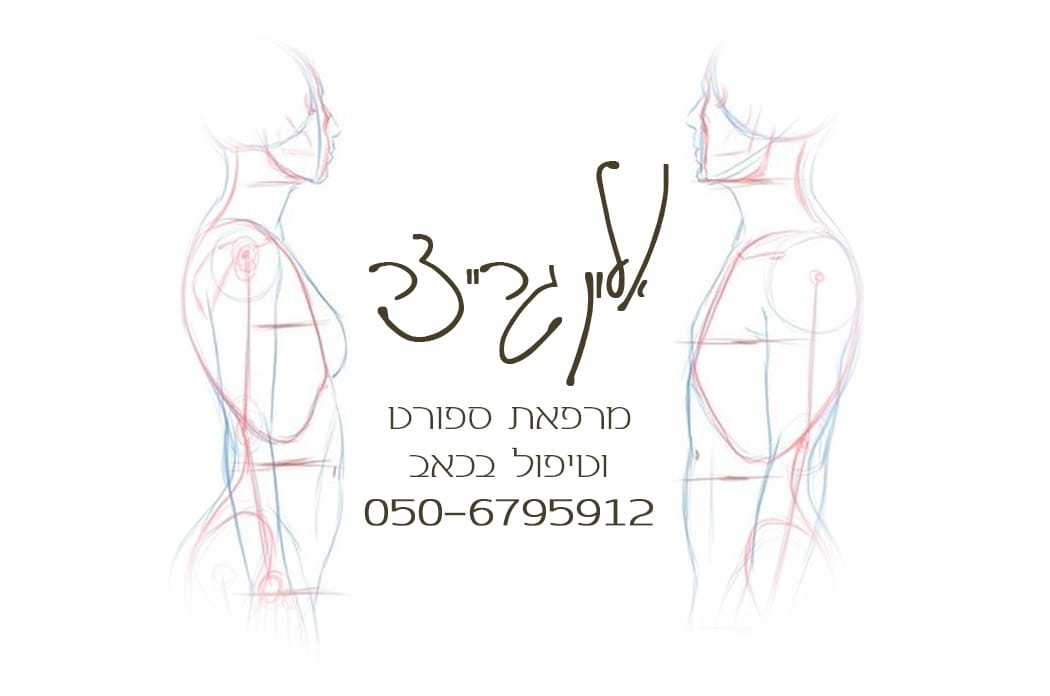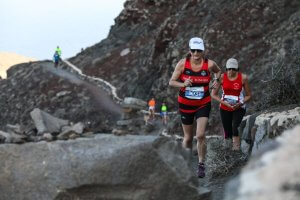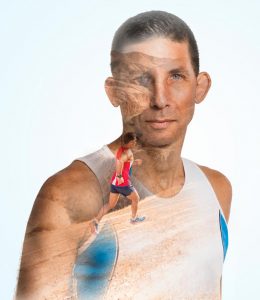השותפים שלי לדרך















!Sleepy Time Time
 At the intense pace that we live in it is hard to eat the cake and leave it intact. We try to compress as many actions and tasks as possible during the day and often at the expense of our sleeping hours
At the intense pace that we live in it is hard to eat the cake and leave it intact. We try to compress as many actions and tasks as possible during the day and often at the expense of our sleeping hours
In theory, an adult should sleep between 7 and 9 hours, in reality it is much less although sleep is mandatory for the functioning of the human body.
As for athletes of all levels proper sleeping is essential for performance improvement. The more you train, the more you’ll need to sleep overnight and during the day in between training sessions, especially if you are an elite athlete.
This is due to the stress on muscles and tissues. During sleep, growth hormone is released to help repair the damaged tissues and helps us recover more successfully and improve performance over time.
The contribution of quality sleep is reflected in proven ability to improve performance by any standard, accuracy and of course agility. Sleep helps the body to remember repetitive activity associated with the motor skills of the body and to perform them again and again with the same degree of accuracy and success. Also, sleep allows for other important physiological processes to occur optimally, such as metabolism for example.
Beyond that, there are also psychological effects such as decreased stress, increased motivation and mental ability to cope with loads in training and competitions.
In the short term, lack of sleep, of course, harms our ability to perform sports activities in an optimal manner, especially when it comes to competition for instance.
In the longer term, when it comes to chronic fatigue more devastating effects will take over. Since the body will always strive to be in a state of homeostasis, in a state of imbalance it will react accordingly and this will of course harm us.
- An imbalance in the levels of insulin excreted in the blood, a condition that affects the diet regime that can lead to eating disorders, obesity and in the long-term cause type 2 diabetes.
- The tension that accompanies the body causes restlessness in the stomach, leading to digestive problems of all sorts. For those who prepare for a long run, for example, and want to store carbohydrates the night before, in a chronic lack of sleep they will not have enough energy reserves during the run the next day.
- The level of cortisol (the stress hormone) may increase and damage the normal hormonal activity of the body and cause imbalance.
- Beyond the decrease in performance there is also a tendency to moodiness, lack of focus and incorrect decision making. This is of course critical for those who engage in extreme sports that require a high level of concentration.
- In the end, a body in need of sleep will find a way to compensate itself without the possibility of being able to control the situation, such as falling asleep while driving, god forbid.
How can you improve your sleep?
Nutrision: Don’t overload your dinner with food that’s hard to digest such as meat, fries or pasta and be careful not to drink caffeine, alcohol or carbonated beverages. It tends to heat up the body and signals that it needs to wake up. It is better to routinely sync your dinner time at least an hour and a half before you turn in.
Biological clock: Teach your body to set up a fixed time to go to sleep. The body will eventually update it into its biological time zone and will remind you each time automatically. Remember what homeostasis is all about – preserving the existing situation of the body. So be sure to listen to your body when it gives you the signal.
Habits: Avoid viewing screens such as cellular, tablets or television. The jitter of the screens causes restlessness and the brain to wake up again.
Mind games: If you are a type of person who is preoccupied with thoughts about endless tasks, write them down on a piece of paper before you go into bed and do not let these thoughts interfere you while you’re sleeping. The practice of in-depth and slow breathing (a.k.a meditation) can also help to drop down the tension.
Quality of sleep: The best way to gauge the quality of sleeping is by assessing how you wake up in the morning. If your body is tired and signals it needs another hour or two, the reason might be caused by poor air quality, too much room temperature, or poor noise insulation.
Time for changes:Rearrange the bedroom to create it as pleasant and welcoming environment as possible. Make sure to darken the room and isolate it from any interfering noises and distractions including your cellular phone. It is better to invest in a high-quality mattress and bedding set to make your sleeping more comfortable and cozy.
Remember! No matter how hard you exercise, if you want to improve your performance as an athlete don’t cut down on your sleeping hours. There is no other way!

* Speedy Segev – A certified running instructor, a blogger and an experienced competitive trail running athlete (former national elite cyclist) who enjoys racing around the world, explores new grounds in sport science and welcomes new collaborations.
For contact information:
Mail – [email protected]
Cellular – +972-54-5483666
כתבות נבחרות

השדרוג שישפר לכם את איכות השינה
השדרוג שישפר לכם את איכות השינה כאתלט פעיל אני משתדל להקפיד על אורח חיים בריא ככל האפשר, הכולל משטר אימונים סדיר, מתיחות, חיזוקים ותזונה, אבל

ריצה בניחוח פסטורלי \ מאת ספידי שגב
ריצה בניחוח פסטורלי // אירוע Santorini Experience ביוון לפני שנסעתי לסנטוריני, היה לי ברור שהחוויה באירוע Santorini Experience תהיה יוצאת דופן. ה Santorini Experience, נחשב

התרופה לתקופת האבטלה
להיות מובטל, זאת הרגשה נוראית וחסרת אונים למי שרגיל להיות במעגל העבודה. ככל שהזמן עובר יורדת המוטיבציה ותחושת הביטחון. תחושת הדכאון מתחילה להשפיע ובהתאם דועכת

Santorini Experience 2018 – מידע לנרשמים
מארגני האירוע של Santorini Experience מחכים לכם בזרועות פתוחות וישמחו להעניק לכם חווית ריצה בלתי נשכחת! הכנסו לאתר של האירוע ועקבו אחרי הפרסומים בעמוד http://www.santorini-experience.com/en/media/press/ עבור